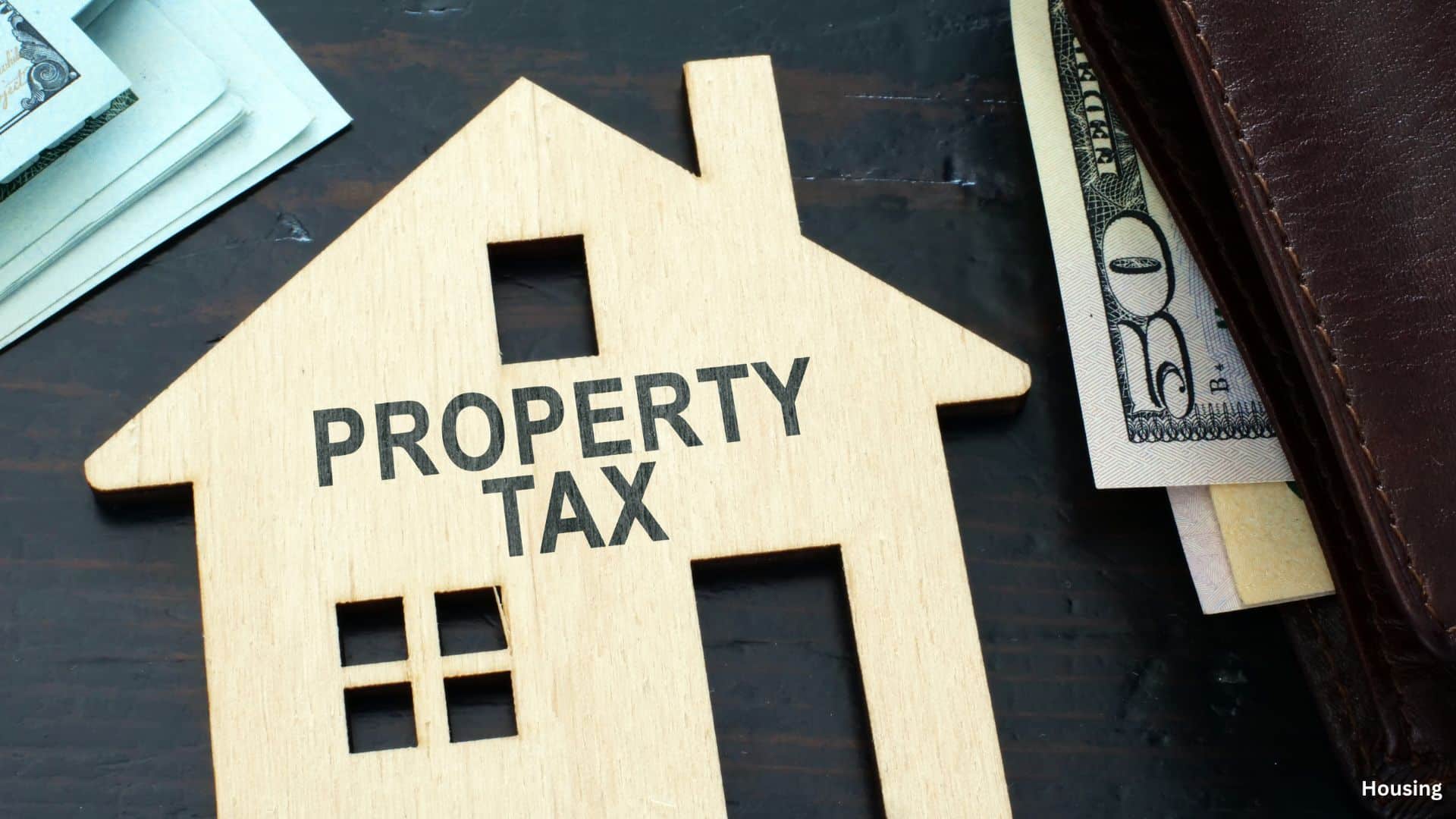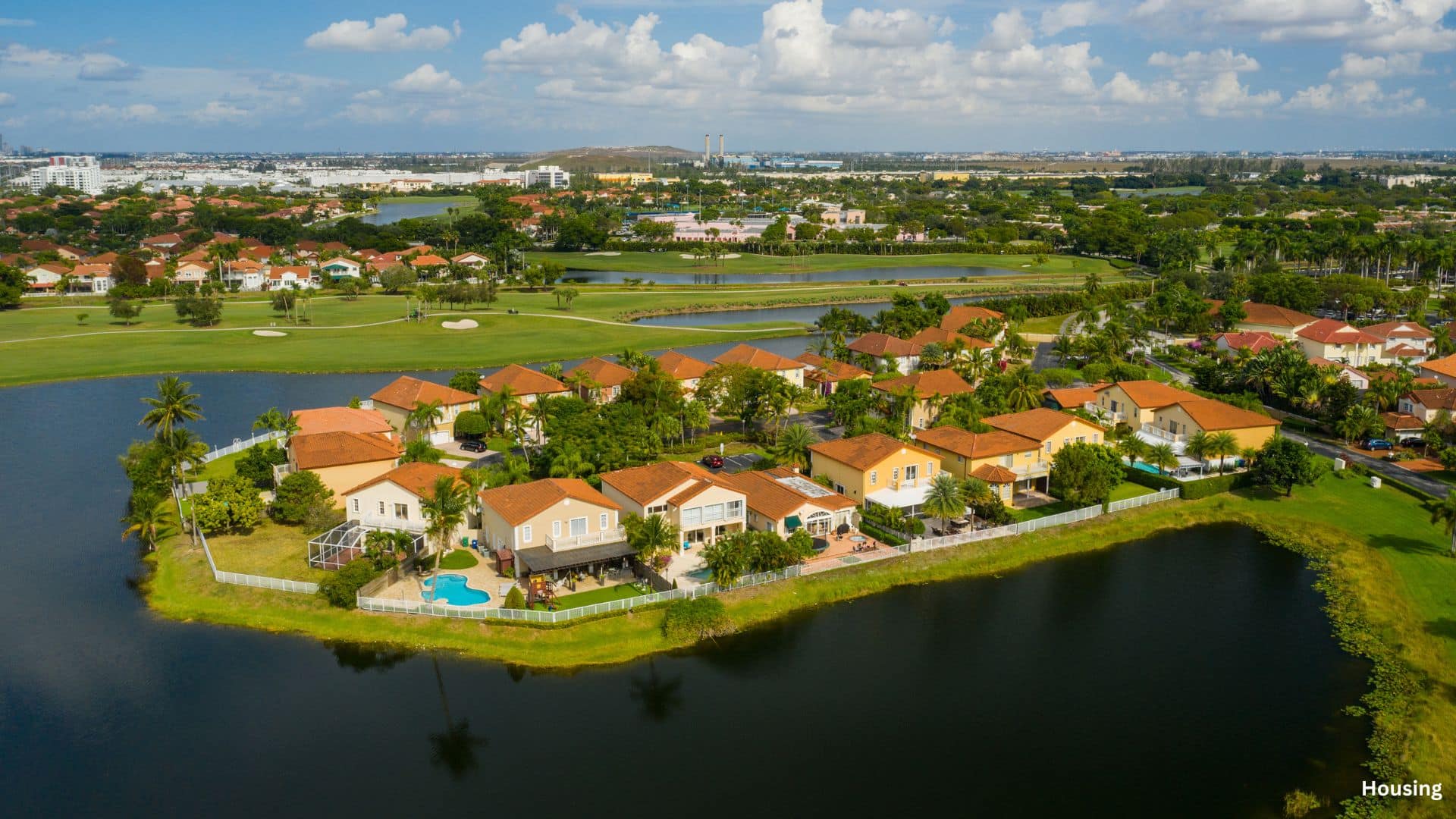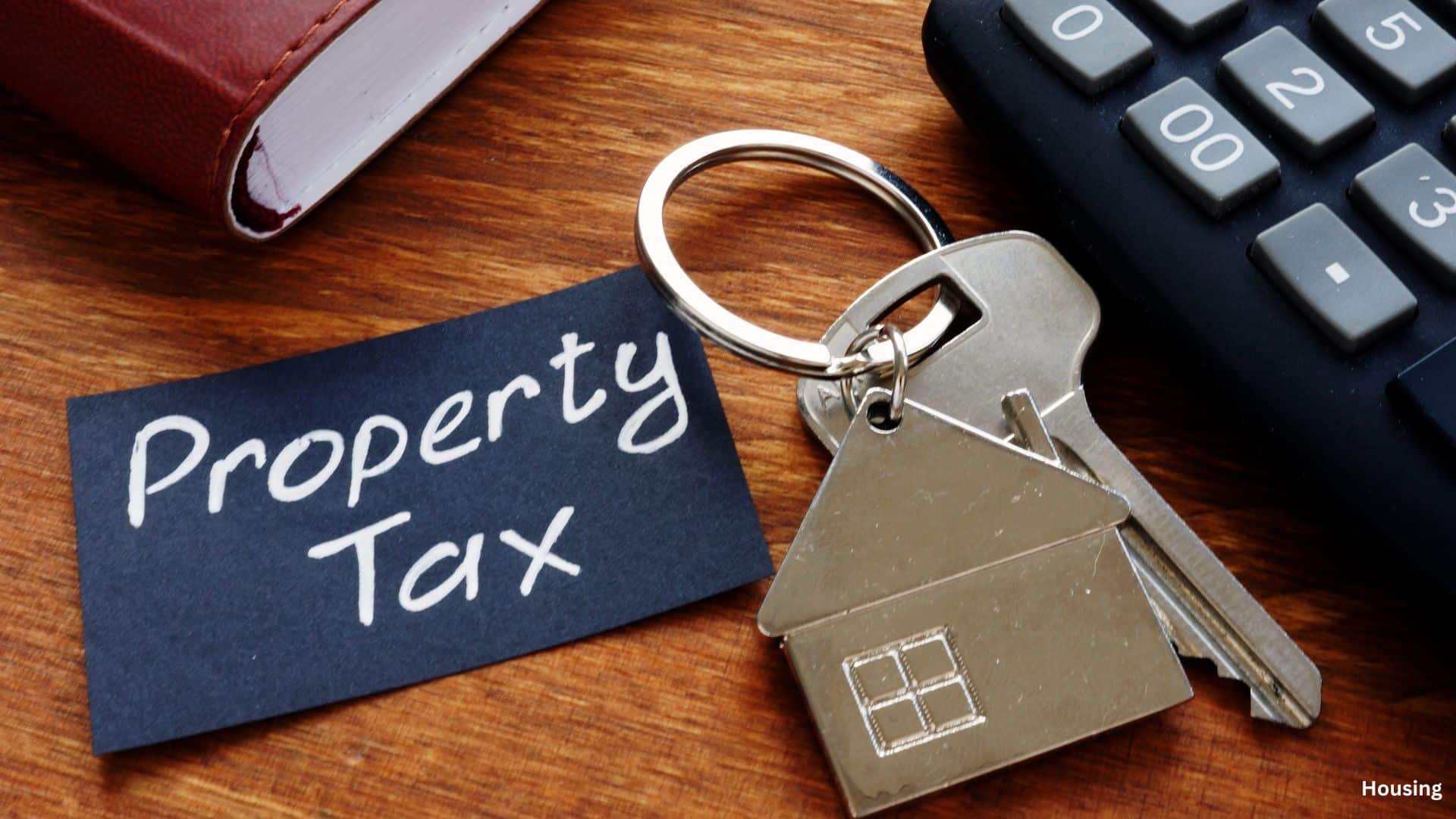Florida property taxes have become a significant concern for both residents and potential homebuyers. As one of the few states without a state income tax, Florida’s property tax structure plays a critical role in funding essential services. However, with rates surging, especially in areas like Tampa, Jacksonville, and Miami, many Floridians are struggling to keep up with rising costs. Property taxes have surged nearly 60% in cities like Tampa and Jacksonville since 2019, according to a recent analysis by Redfin, intensifying Florida’s housing affordability crisis.

The Factors Behind Rising Florida Property Taxes
Increased Home Values and Demand
Florida’s appeal, particularly during the pandemic, attracted a significant influx of new residents, pushing home prices to unprecedented levels. Even though prices have slightly dipped from their peak, assessed home values—on which property taxes are based—remain high. This trend directly impacts tax bills, as municipalities adjust property tax rates to keep up with higher valuations.
Natural Disasters and Climate Preparedness
Florida’s susceptibility to hurricanes and rising sea levels has further driven property tax increases. To fund climate-resilient infrastructure and mitigation projects, local governments are relying on property tax revenue. These taxes are a primary source of funding for climate resilience, especially in Florida, which lacks an income tax. Homes in high-risk areas also require additional investment, as some properties have become uninsurable, adding urgency to these projects.
Population Growth and Demand for Services
Rapid population growth in Florida has increased the demand for essential public services such as schools, roads, and emergency services. With inflation pushing up the costs of these services, local governments have responded by raising property tax rates to balance the budget and accommodate the growing population.

The Impact of Rising Property Taxes on Florida Residents
For many Floridians, the steady increase in property tax bills has added financial strain, particularly when paired with other rising costs like HOA fees and insurance premiums. As reported by Redfin, Miami’s median monthly property tax bill has grown by 48.1% to $367, while Tampa and Jacksonville have seen similar rises, putting additional pressure on homeowners and buyers alike.
Impact on Home Affordability
With rising tax bills, the cost of homeownership has become less manageable for both long-term residents and recent transplants. Florida’s traditionally lower cost of living was a significant draw for remote workers during the pandemic, but surging property taxes and higher home prices have rendered the state unaffordable for many. Homebuyers who initially sought refuge in Florida from high-income tax states are now reconsidering their options as property tax expenses become a major burden.
Shifts in Migration Patterns
As the Redfin-Ipsos survey indicates, many Floridians are considering leaving the state in search of lower property taxes and reduced climate-related risks. In fact, nearly 21% of Florida residents surveyed cited high property taxes as a primary reason for planning to relocate, while 25% pointed to climate risks as a concern. With natural disasters like Hurricane Helene making lasting impacts, younger residents are increasingly prioritizing safety and affordability when choosing where to live.

Looking Ahead: Florida’s Housing Market and Property Taxes
Experts suggest that demand for Florida homes may soften as residents and prospective buyers weigh the costs of living in the state. According to Redfin’s analysis, demand in areas prone to natural disasters has already slowed, and this trend may persist, particularly as awareness of high property tax burdens and insurance premiums spreads.
The increase in Florida property taxes highlights a complex issue: while higher property taxes contribute to funding essential services, they also make homeownership challenging for many. With more Floridians considering moves to states with lower property tax rates, the future of Florida’s housing market remains uncertain. As the state continues to adapt to growing populations and climate challenges, addressing property tax policies will be crucial to maintaining an affordable, livable environment for residents across the Sunshine State.
Related posts:
 Mortgage Rate Drop This Fall 2024: What Homebuyers Need to Know
Mortgage Rate Drop This Fall 2024: What Homebuyers Need to Know
 Affordable Investment Properties: Top 10 Markets That Offer Great Returns
Affordable Investment Properties: Top 10 Markets That Offer Great Returns
 13 Affordable Beach Cities to Buy a Home
13 Affordable Beach Cities to Buy a Home
 September Pending Home Sales See Biggest Increase Since 2023
September Pending Home Sales See Biggest Increase Since 2023
 Housing Market Vicious Cycle: An In-Depth Look at the Crisis Impacting American Homeownership
Housing Market Vicious Cycle: An In-Depth Look at the Crisis Impacting American Homeownership



